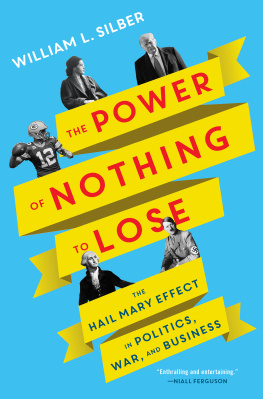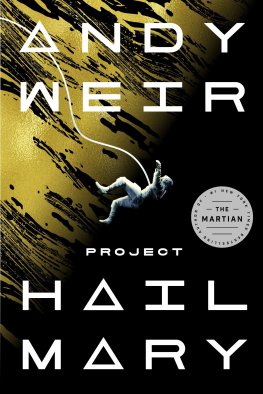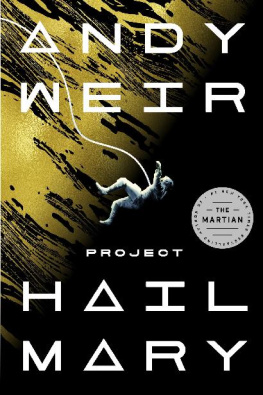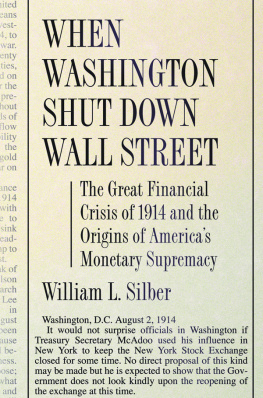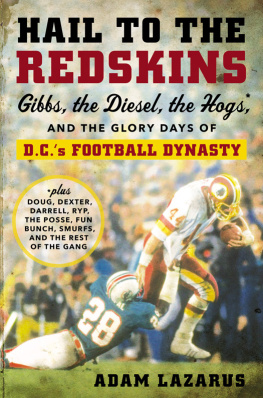William L. Silber - The Power of Nothing to Lose: The Hail Mary Effect in Politics, War, and Business
Here you can read online William L. Silber - The Power of Nothing to Lose: The Hail Mary Effect in Politics, War, and Business full text of the book (entire story) in english for free. Download pdf and epub, get meaning, cover and reviews about this ebook. year: 2021, publisher: William Morrow, genre: Politics. Description of the work, (preface) as well as reviews are available. Best literature library LitArk.com created for fans of good reading and offers a wide selection of genres:
Romance novel
Science fiction
Adventure
Detective
Science
History
Home and family
Prose
Art
Politics
Computer
Non-fiction
Religion
Business
Children
Humor
Choose a favorite category and find really read worthwhile books. Enjoy immersion in the world of imagination, feel the emotions of the characters or learn something new for yourself, make an fascinating discovery.
- Book:The Power of Nothing to Lose: The Hail Mary Effect in Politics, War, and Business
- Author:
- Publisher:William Morrow
- Genre:
- Year:2021
- Rating:4 / 5
- Favourites:Add to favourites
- Your mark:
The Power of Nothing to Lose: The Hail Mary Effect in Politics, War, and Business: summary, description and annotation
We offer to read an annotation, description, summary or preface (depends on what the author of the book "The Power of Nothing to Lose: The Hail Mary Effect in Politics, War, and Business" wrote himself). If you haven't found the necessary information about the book — write in the comments, we will try to find it.
Following books by Malcolm Gladwell and Dan Ariely, noted economics professor William L. Silber explores the Hail Mary effect, from its origins in sports to its applications to history, nature, politics, and business.
A quarterback like Green Bays Aaron Rodgers gambles with a Hail Mary pass at the end of a football game when he has nothing to lose -- the risky throw might turn defeat into victory, or end in a meaningless interception. Rodgers may not realize it, but he has much in common with figures such as George Washington, Rosa Parks, Woodrow Wilson, and Adolph Hitler, all of whom changed the modern world with their risk-loving decisions.
In The Power of Nothing to Lose, award-winning economist William Silber explores the phenomenon in politics, war, and business, where situations with a big upside and limited downside trigger gambling behavior like with a Hail Mary. Silber describes in colorful detail how the American Revolution turned on such a gamble. The famous scene of Washington crossing the Delaware on Christmas night to attack the enemy may not look like a Hail Mary, but it was. Washington said days before his risky decision, If this fails I think the game will be pretty well up. Rosa Parks remained seated in the white section of an Alabama bus, defying local segregation laws, an act that sparked the modern civil rights movement in America. It was a life-threatening decision for her, but she said, I was not frightened. I just made up my mind that as long as we accepted that kind of treatment it would continue, so I had nothing to lose.
The risky exploits of George Washington and Rosa Parks made the world a better place, but demagogues have inflicted great damage with Hail Marys. Towards the end of World War II, Adolph Hitler ordered a desperate counterattack, the Battle of the Bulge, to stem the Allied advance into Germany. He said, The outcome of the battle would spell either life or death for the German nation. Hitler failed to change the wars outcome, but his desperate gamble inflicted great collateral damage, including the worst wartime atrocity on American troops in Europe.
Silber shares these illuminating insights on these figures and more, from Woodrow Wilson to Donald Trump, asylum seekers to terrorists and rogue traders. Collectively they illustrate that downside protection fosters risky undertakings, that it changes the world in ways we least expect.
William L. Silber: author's other books
Who wrote The Power of Nothing to Lose: The Hail Mary Effect in Politics, War, and Business? Find out the surname, the name of the author of the book and a list of all author's works by series.

